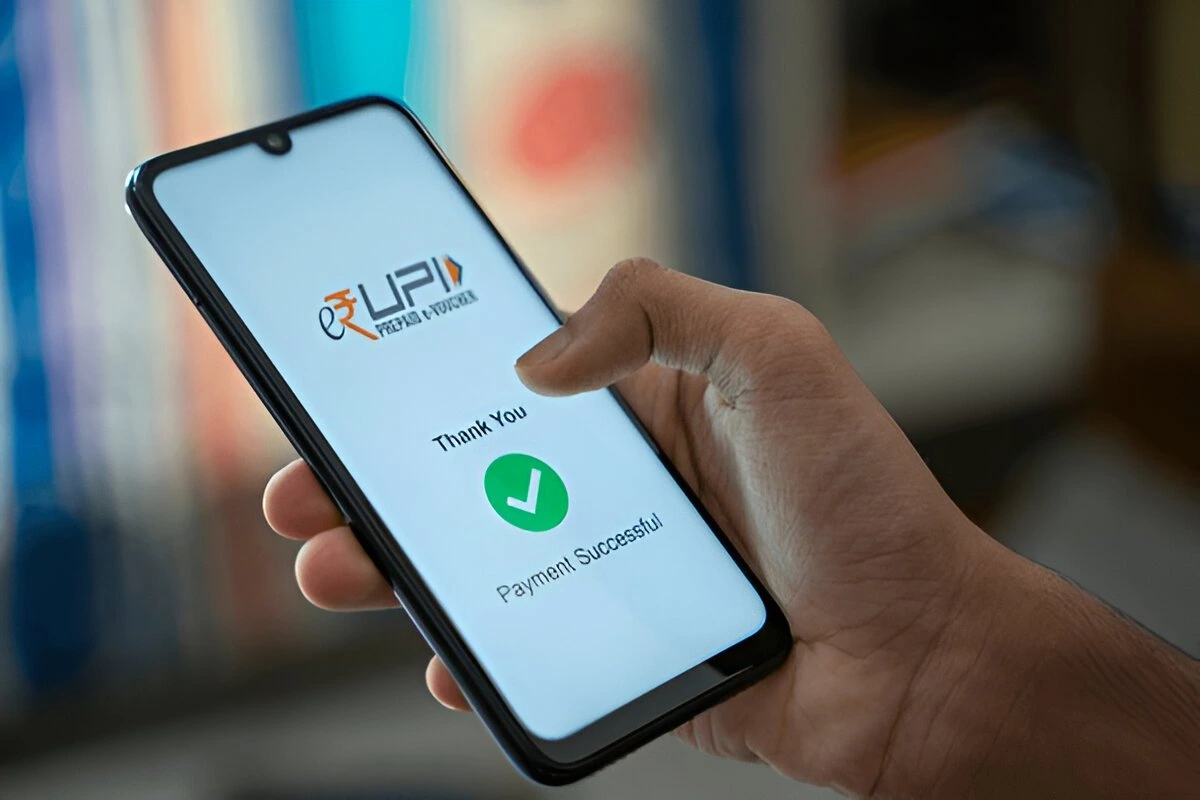Will UPI Transactions be Charged? clarification Finance Ministry
In an economy that is digital-first, such as in India, UPI transactions have come to form the bulwark of ordinary financial transactions. Be it a street-side chaiwallah or a big online shopping portal, UPI transactions have become the most preferred mode of payment.
A while ago, there was confusion in the air after numerous reports and social media buzzes recommended that UPI would soon be chargeable. In this confusion, the Finance Ministry has come up with a clarification, and this is all you need to know.
What Enflamed the Argument over UPI Transaction Fees?
The rumours began after the debate around the sustainability of UPI and how banks or fintech platforms could soon begin charging fees to cover operational expenditures. It was a matter of concern considering the exponential increase in the number of UPI transactions: Would there now be a charge on UPI?
As a lot of users use UPI every day to buy groceries, pay bills, take a cab, etc., the notion of these payments becoming costly did not go well with the people. Questions such as, “Are UPI transactions expensive now?” and “What are the recent UPI transactions guidelines?” were all over social media and search engines.
The official stand of Finance Ministry
The clarification by the Finance Ministry has buried most of the panic. According to the recent announcement, no intentions to charge a fee on UPI transactions. The government also clarified that UPI transactions are a digital public good and will remain free of cost to the customers.
This explanation is in towards the government vision of promoting a cashless economy. The ministry noted that UPI comprise an essential element in enhancing digital inclusion and introducing clarity into the financial ecosystem.
Therefore, in case you were concerned about the UPI charges, you can stop worrying; no new charges are introduced yet.
What is the Mystery Behind UPI Transactions Rule?
The attempt to clear the air has been entangled by a discussion paper that the Reserve Bank of India (RBI) has issued on payment system charges. Although the paper has revived the issue of transaction fees on different digital modes, UPI transactions included, it was just a way of opening the discussion. It announced no formal modifications to UPI regulations and format.
The untrue interpretation by the media and biased headlines made people think that UPI transaction was going to be an expensive affair. Nevertheless, the RBI, as well as the Ministry of Finance, made it clear that there is no change in status quo with regard to UPI.
UPI Transactions: Are they actually free?
To the user, yes, UPI transactions are free. Nevertheless, backend costs are incurred by banks and payment service providers to make these transactions. That is where the topic of UPI charges appeared.
The government has recognized this issue and stated that they will collaborate with stakeholders to come up with cost-recovery mechanisms that shall not inconvenience the end-users. This could be either in the form of backend government subsidies or operational efficiencies as opposed to direct levies on UPI.
What Of Merchants?
The second twist to this debate is whether merchants would UPI rules. There had been a suggestion by some platforms and fintech companies of a low amount fee on some kinds of business UPI transactions. But this was addressed by the statement of the Ministry as well – merchant payment via UPI will also be free of charges.
It implies that the business will be able to keep using the cheap digital infrastructure that UPI transactions offer without fear of incurring extra costs.
UPI Transactions Latest News: Smooth Sailing in Future
The recent update on UPI reveals that although talks of cost and sustainability are underway, users have nothing to worry about shortly. It is a well-placed reassurance considering UPI transactions have been breaking records every month, with over 11 billion transactions in May 2025 alone.
In the UPI recent news, it also notes that the future holdings incorporate features such as credit on UPI, voice-based UPI, and better rural and non-tech-savvy user accessibility.
What Can You Do as User?
At this point, there is nothing to do but proceed with UPI as usual. Your transaction could be paying your milkman or buying a movie ticket; either way, UPI transactions are free and safe. Keep abreast of the trusted government sources in case of any news of UPI or alterations in UPI transactions regulations.
Do not share or assume the rumors about UPI transactions charges until it is officially announced. Download the apps of recognised providers such as PhonePe, Google Pay, BHIM or Paytm that adhere to all government guidelines on UPI transactions.
Conclusion
Then, is it true that UPI transactions are expensive now? The direct reply to this would be no. Because of the emphasis on digital empowerment by the government, UPI remains free, easy, and safe. Although the sustainability of the system is still a critical debate1, the present structure is more inclined to inclusion than income.
At least not yet, because UPI will be free of charge – and this is official. Be updated, be digital, and experience the convenience of the UPI transactions without fear.

